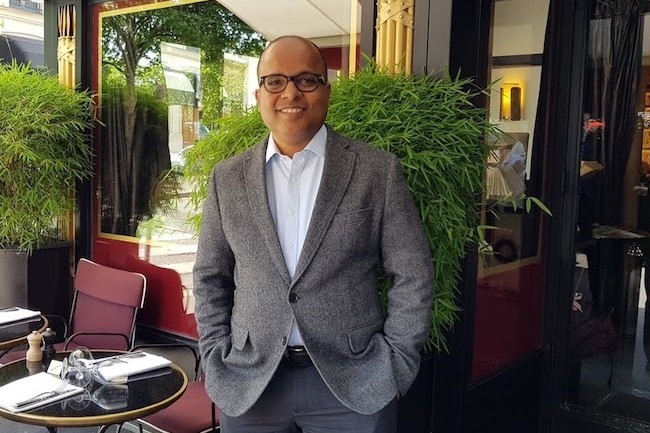(December 27, 2021) If anything, the pandemic has taught us to appreciate the great outdoors. Couple Ishika Sachdev and Abhinav Kumar agree. The need to get away from lockdowns and being on guard pushed them to reconnect with nature. For Ishika Sachdev, a nutritionist-turned-curator of luxury vegan pop-up camping trips, and her husband, their leaning was of a similar nature. Stranded in Barcelona, Spain for most part of the lockdown in 2020, 31-year-old Ishika returned to India and founded Flow Adventures with her husband Abhinav Kumar. Abhinav, 30, had formerly worked at an international tech unicorn in Switzerland before taking on the beauteous Indian environs. These Les Roches graduates are now giving new sustainable travel goals to the country that focus on permaculture and more. The travel startup curates and organises luxury vegan camping trips with the aim of promoting the concept of earth care, people care, and fair share. It has since organised experiential treks for 80 likeminded trekkers.
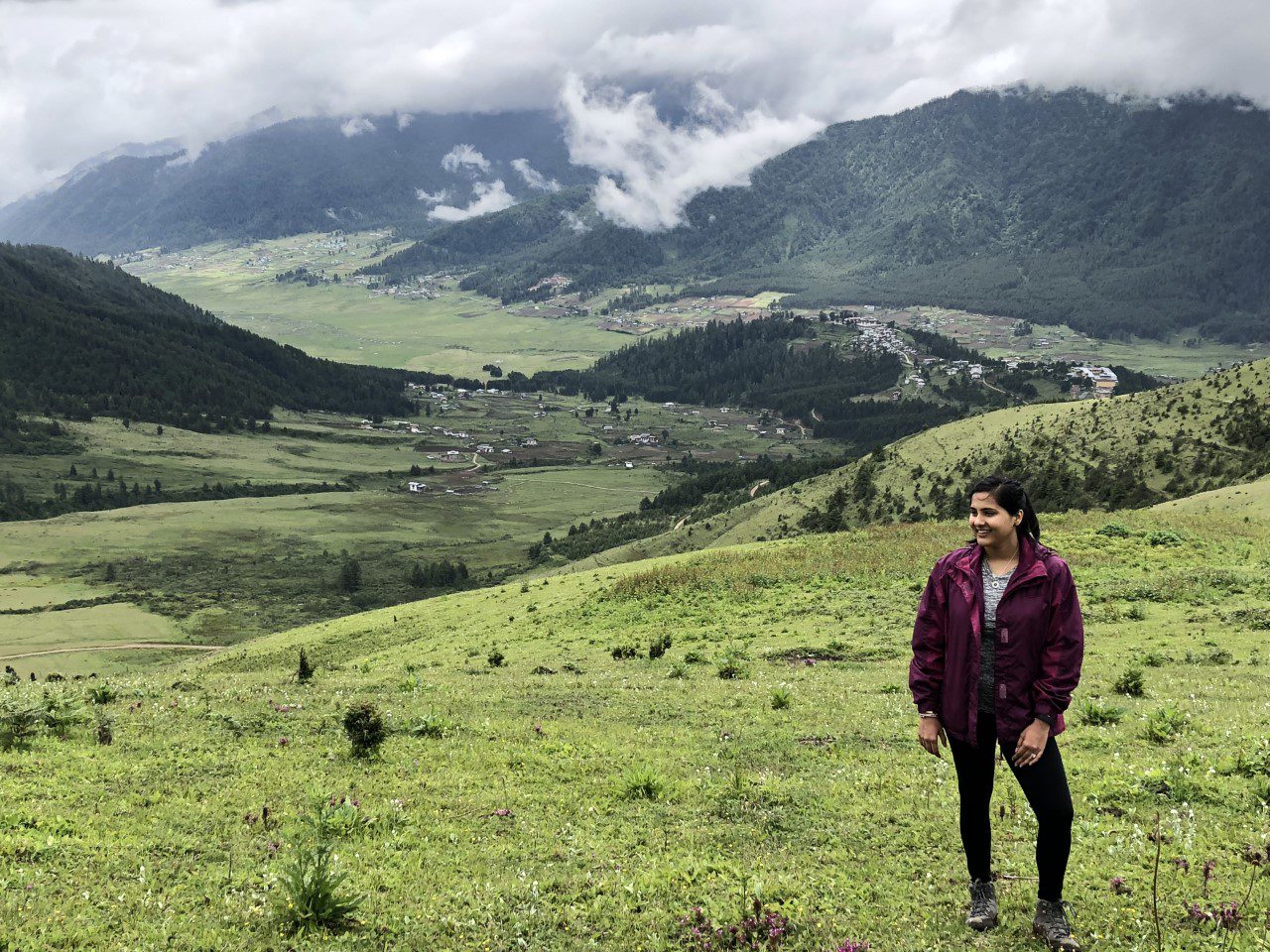
Of new beginnings
Always the outdoorsy sorts, both Ishika and Abhinav found their lockdown stay in Spain rather challenging. “There was no balcony where we were living. I was yearning to see the sky and feel the sun. We finally came back to India on a relief flight in July last year,” Ishika tells Global Indian. They spent the next few months figuring out life and work in a pandemic world. Finally in January this year, they moved to Goa for a few months to study permaculture.
“Permaculture began in the 1970s and is based on a set of ethics that include earth care, people care and fair share. As we studied the farming methodology, we realised that these ethics can be extended to any aspect of life and work. We spent time living and working on a farm. Both Abhi and I are nature people and Goa has such pristine surroundings. So, after we completed the course, we continued to live and work in Goa,” says Ishika.
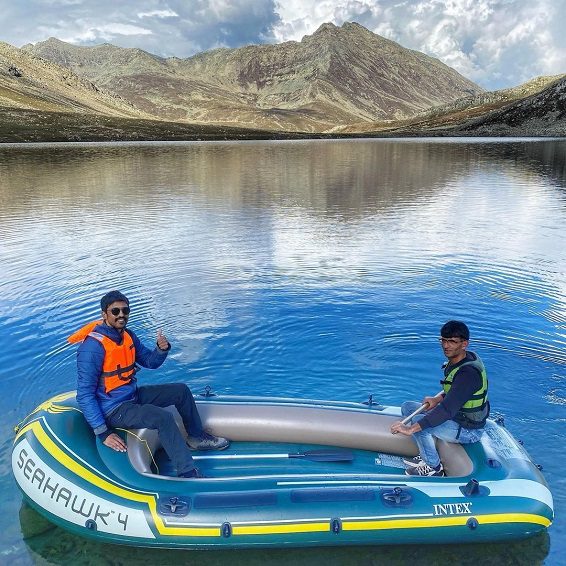
Uncharted territory
The couple decided to focus on quality and not their bank balance when they managed Turiya, a 100-year-old Goan-Portuguese villa as a boutique B&B. In exchange, they got a place to stay. It was shortly after, that the couple decided to launch Flow Adventures to offer people a chance to experience the untouched beauty of Kashmir in the most unexpected manner.
“We had earlier gone on a few private treks to Kashmir and its beauty stunned us. However, we found a few loopholes that could be plugged to make the experience better. Flow Adventures was our attempt to bridge those gaps and encourage people to travel responsibly while exploring the beauty of their own country,” explains Ishika, who was born and brought up in Chennai and studied at Mussoorie International School before doing her hospitality management with finance degree at Switzerland’s Les Roches Institute. Abhinav on the other hand specialised in entrepreneurship at Les Roches.
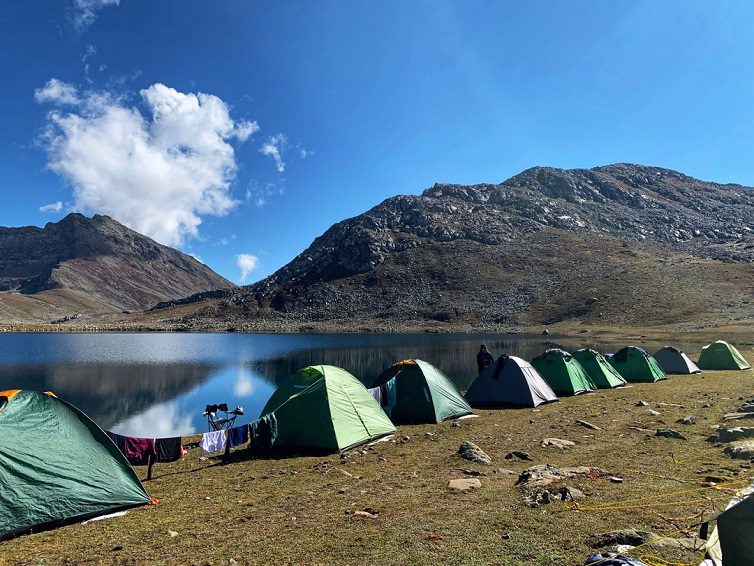
Following her graduation in 2013, she joined her family’s restaurant business until she got married to Abhinav and the couple moved to Thailand where he worked with Get Your Guide, a travel tech company. In the meanwhile, Ishika did her nutrition therapy from Nutrition Therapy Association of America and specialised in plant-based diets from Cornell University. “I then launched my own nutrition practice online and had clients from India, Thailand, Singapore and Dubai,” says the entrepreneur, who ran the business until 2020 when the couple moved to Spain for Abhinav’s job.
A bend in the road
“The pandemic, however, threw a spanner in the works and the project was cancelled and we were stranded in our Barcelona apartment till July 2020,” she says.
When the couple wrapped up their stint in Goa earlier this year, they decided to launch their own startup to encourage responsible travel. “We wanted our treks to be an all-vegan experience and promote the idea of vegan and responsible food. The only non-vegan aspect of the trip was the use of mules to transport goods. However, this is something we plan to address in our next set of pop-up treks,” says Ishika, a vegan herself.
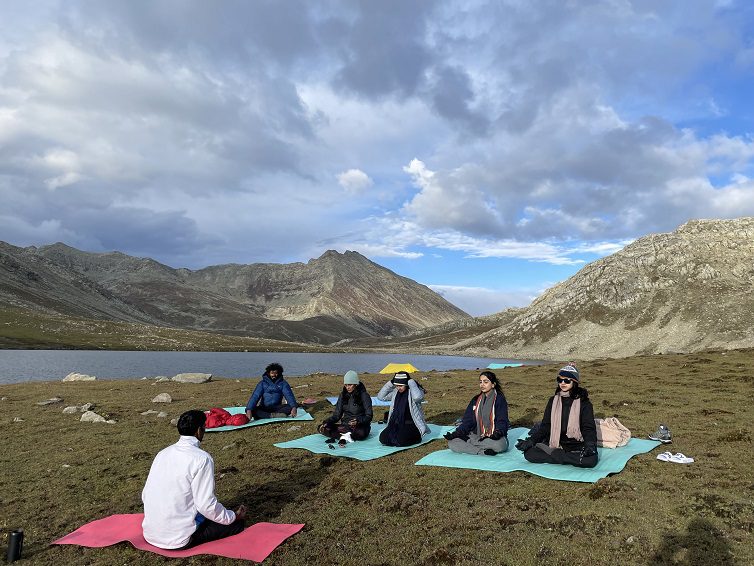
This year, the bootstrapped company hosted 80 trekkers across the age group of 17 to 65, most of them first timers. The treks were organised from Margan Top to Choharnag Lake where the group camped overnight. Trekkers were offered the opportunity to raft on the glacial lakes, get massages, yoga flow sessions, bonfires and vegan food. Flow Adventures offers three-day, four-day and five-day packages to five glacial lakes in Kashmir. On an average, a four-day luxury trek costs Rs 44,444 all inclusive. Trekkers are given adequate time provided to acclimatise and follow altitude sickness management protocols. “This was the first-time people were allowed to raft on the glacial lake. A lot of Kashmir’s natural beauty is overshadowed by the political and military situation. But there’s so much more to the state. This is exactly what we offered to introduce our clients to. It’s also an attempt to give local tourism a boost, the state’s main source of economy that took a beating during the pandemic,” says the entrepreneur, who’s already planning the next set of treks for the new year.
- Follow Ishika Sachdev on Instagram



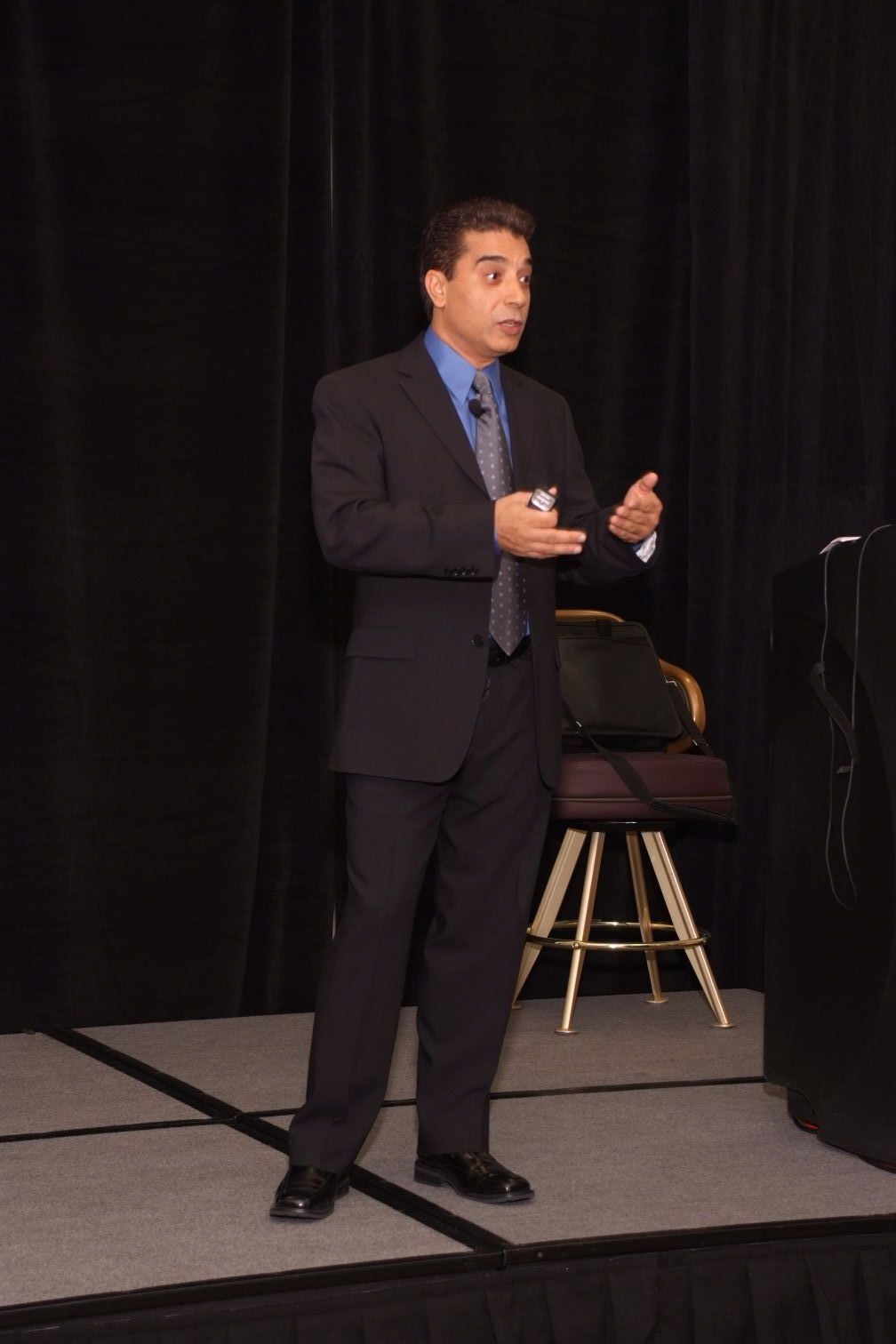
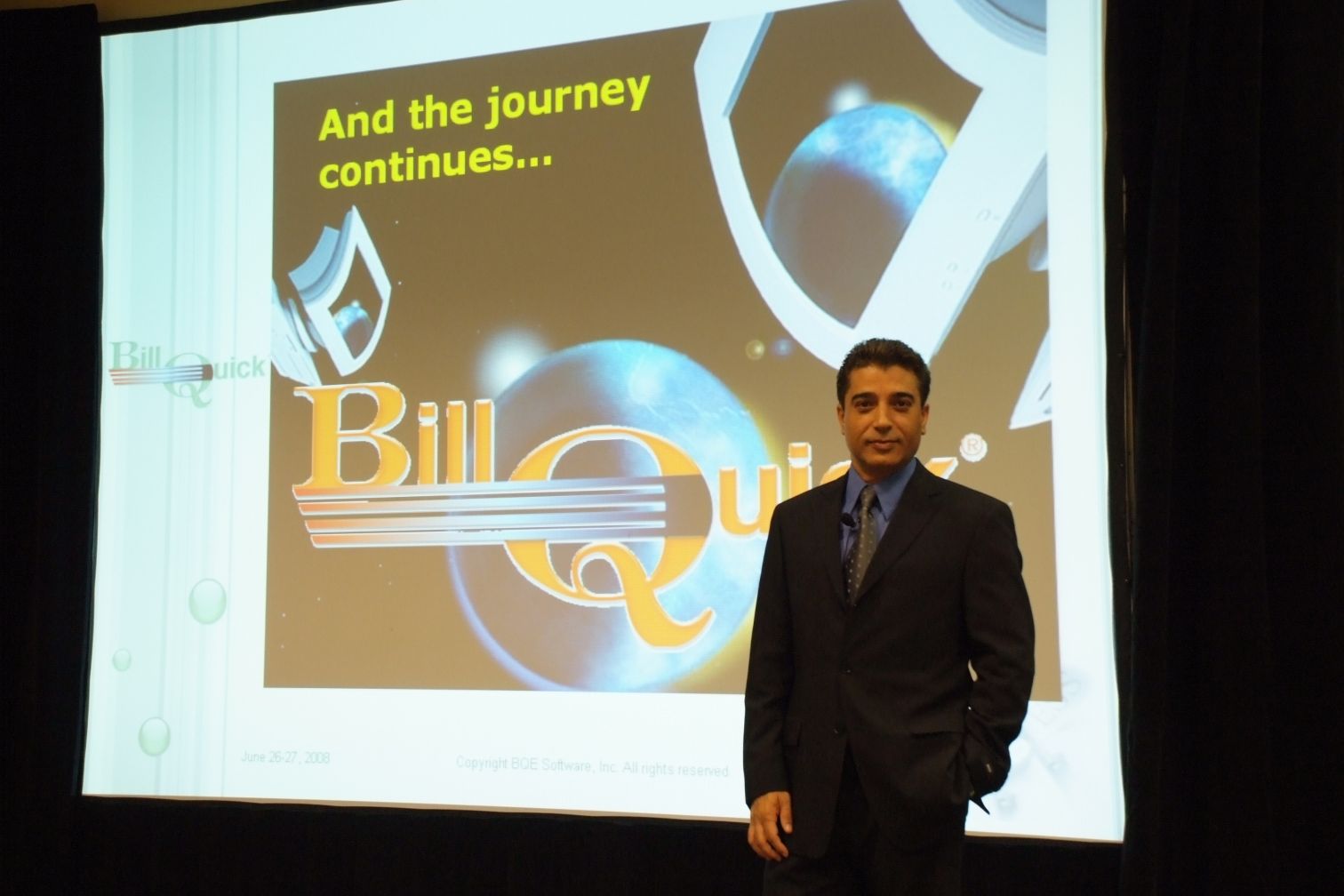


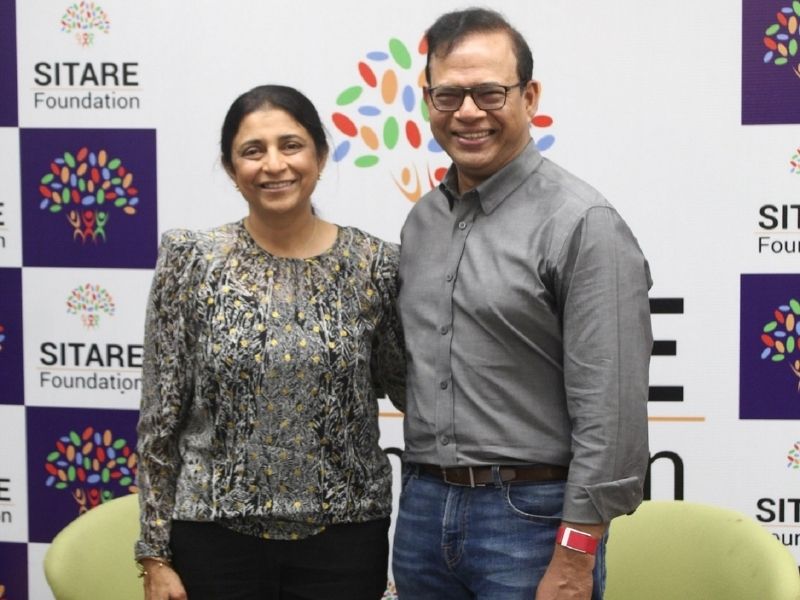 Amit and Shilpa Singhal founded Sitare Foundation[/caption]
Amit and Shilpa Singhal founded Sitare Foundation[/caption]



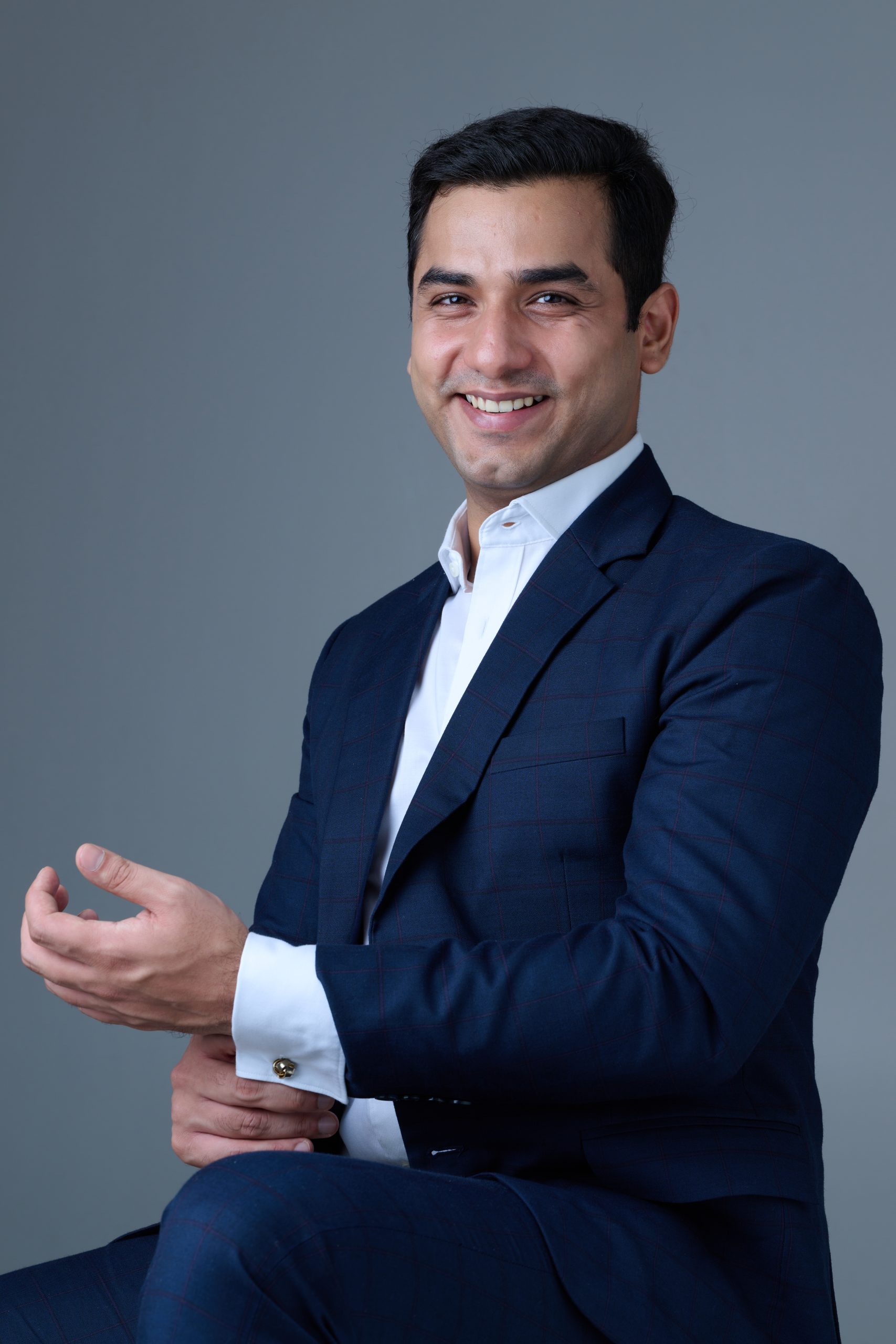

 Durga idol of Hampstead Durga Puja that is organised by London Durga Puja Dusserah Association[/caption]
Durga idol of Hampstead Durga Puja that is organised by London Durga Puja Dusserah Association[/caption] Devotees at Hampstead Durga Puja, London[/caption]
Devotees at Hampstead Durga Puja, London[/caption] A rare treasure - the brochure published by London Durga Puja Dusserah Association, back in 1979[/caption]
A rare treasure - the brochure published by London Durga Puja Dusserah Association, back in 1979[/caption] Kids taking the legacy forward[/caption]
Kids taking the legacy forward[/caption]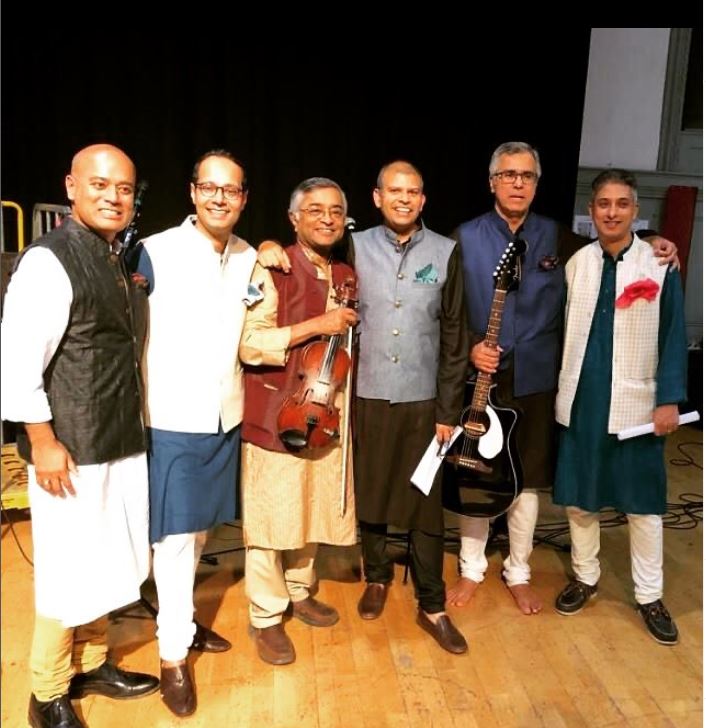 The resident boy band, Boyesh[/caption]
The resident boy band, Boyesh[/caption]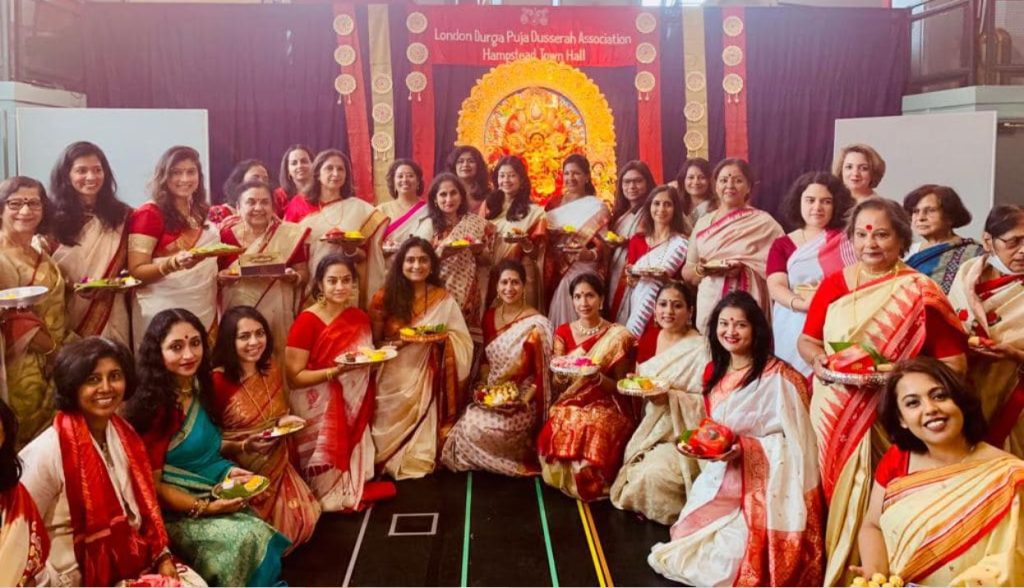 Women during celebrations[/caption]
Women during celebrations[/caption]
